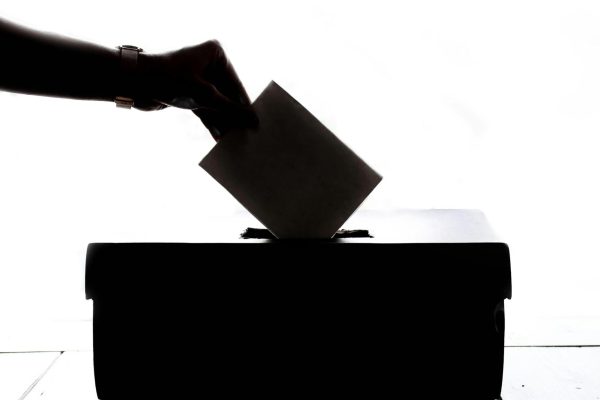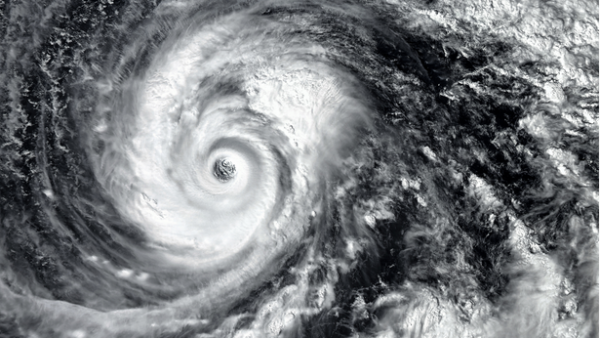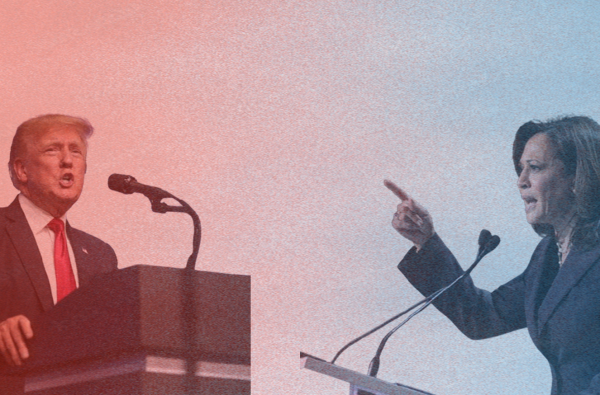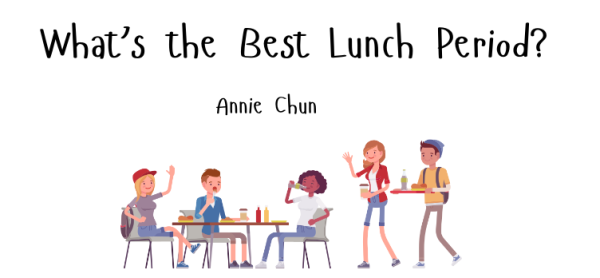Stranded with no way home
Australia’s strict travel ban has left thousands of Australian citizens stuck in a foreign country for over a year.
The Covid-19 pandemic has been hard on everyone, but imagine being stuck in a foreign country, far away from friends and family, with no way to get back? This is the problem that 40,000 Australians have been facing amid the extreme regulations and flight caps put in place by the Australian government. To add to this, there are also up to a million Australians living and working overseas with no way to return in an emergency. At the beginning of the Covid pandemic, the Australian government instituted travel caps which made it extremely challenging to get flights and places in hotels to quarantine. This made the total cost of a flight to Australia rise to $10000, which the majority of people can’t afford, not even counting the quarantine in the hotel which citizens must pay for. The lack of seats on both planes and in hotels also means that many people must wait for months before being approved or have their flights get canceled if there aren’t enough spots in a hotel. This controversial issue has been widely downplayed and overlooked in international circles, but clearly needs far more attention than it has been given.
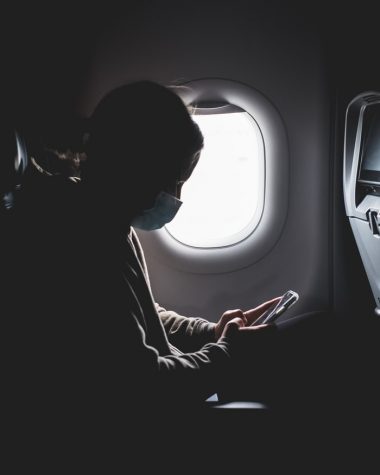
Due to the severity and seriousness of the situation, some stranded Australians have launched human rights complaints, citing article 12 of the International Covenant on Civil and Political Rights, which states that “everyone shall be free to leave any country, including his own” and that “no one shall be arbitrarily deprived of the right to enter his own country.” Individuals can launch such human rights complaints to the UN Human Rights Committee, however, there are some procedural hurdles one must pass through to even get there. One can only voice a complaint if they have already tried to fix it domestically, in this case through the Australian court system. Even past this step, the complexity of the issue may make it hard to get anything done, as one could argue that these restrictions are necessary to protect the general public. Those who have launched human rights complaints have gotten some action, with the UN directing the Australian government to “facilitate and ensure the authors prompt return to Australia while their case is pending before the Committee,” however it is unknown how helpful that may be.
As an Australian citizen living in the US, I have heard my parents voice complaints about the unfairness of the situation. If something happens to a family member in Australia, our family can’t go to them without months of waiting and thousands of dollars. Not only this, but there is also a ban on all outside travel, so even if we were able to make it to Australia, we wouldn’t be able to come back, disrupting our lives potentially forever. Thousands have already had their lives disrupted.
I have family and friends who live in Australia with ease, without needing to worry about quarantining and social distancing. They believe that the border restrictions are necessary. Many are dismissive of the issue. Their sentiments represent that of the general public. Former Foreign Minister Alexander Downer, says that “that the public don’t care about Australians who are stranded overseas — it’s not a priority for them — they’re scared that they’re all going to get COVID and die.” About 83% of Australians think that closing the border in this way is perfectly reasonable, and political leaders have expressed no interest in helping the stranded Australians. This indifference to their fellow Australian’s plight has led to little action to fix the issue.
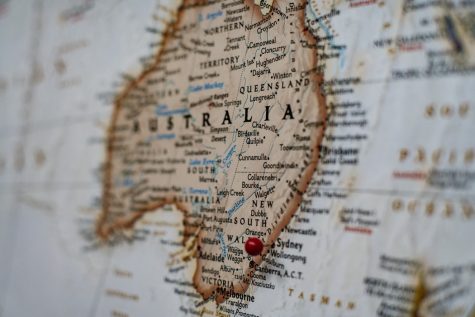
To add salt to the wound, during the Australian Open, 1200 tennis players and their entourage were allowed to go to Australia to play tennis. This situation was extremely frustrating to my family and many others, stranded or having returned from being stranded in a foreign country because the Australian government allowed such a large number of tennis players to enter Australia, but not its citizens. I understand the need to institute hotel quarantines and some flight caps, however, the disparity between the treatment of noncitizen tennis players and Australian citizens who need to return home to their families, work, and life, isn’t justifiable. This isn’t the only example of that happening. Many celebrities have set up temporary homes in Australia and face far fewer restrictions than the average Australian citizen. Many are beginning to call Australia “Aussiewood.” While celebrities are given special treatment, Australia’s own citizens are pushed aside, having to pay extreme amounts and wait for months, before being let into Australia, only to then face a strict quarantine that can be compared to being in prison. New Zealand and Taiwan have managed to keep Covid cases low like Australia, but have a quarantine capacity more than twice that of Australia. They also have vastly smaller populations, making Australia’s capacity even more unacceptable. The Australian government must find solutions to bring their citizens home.



